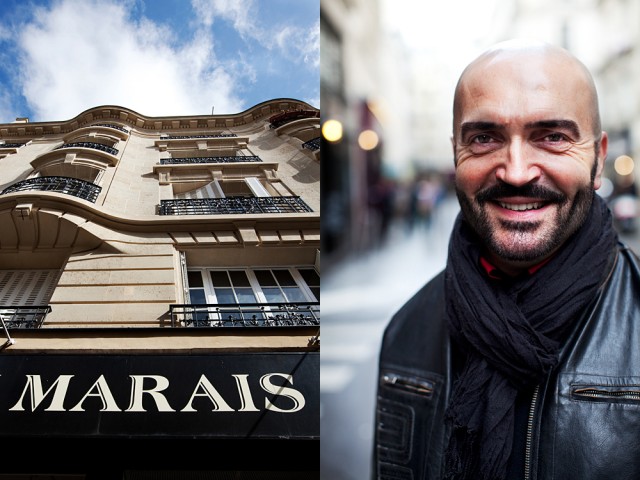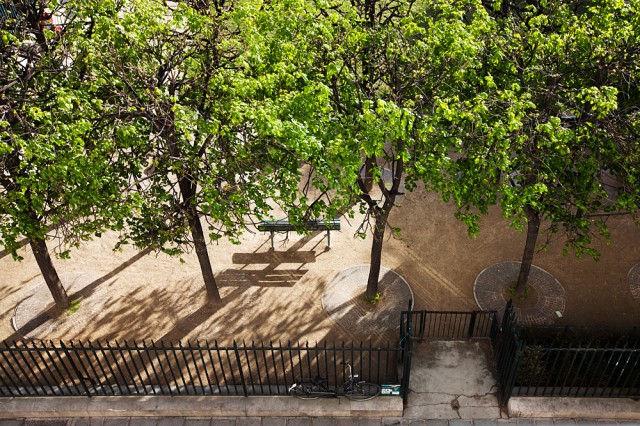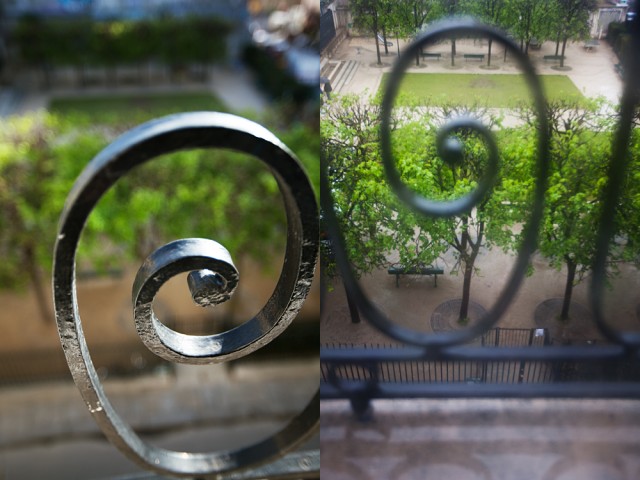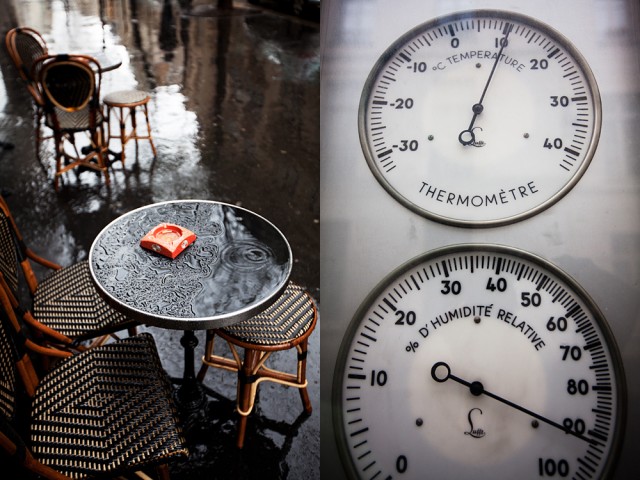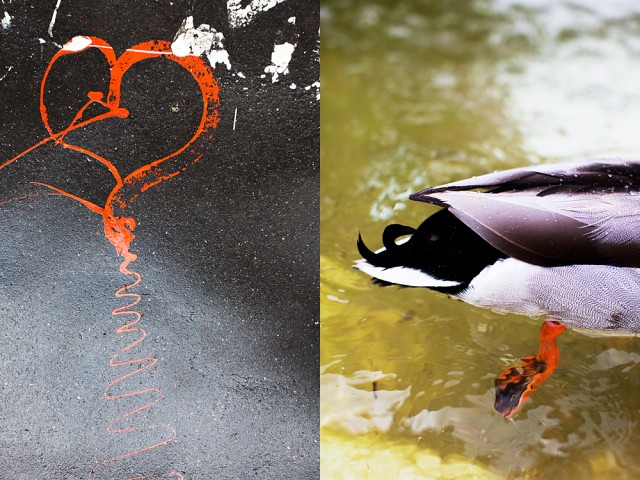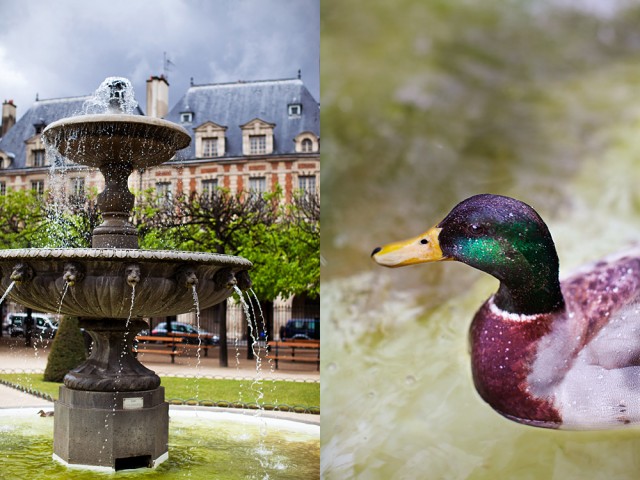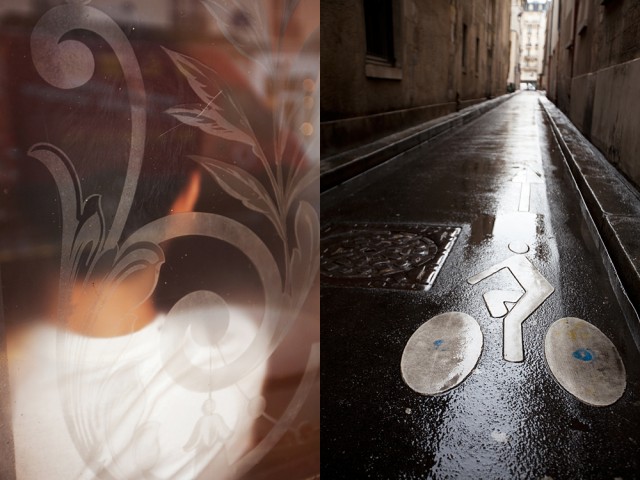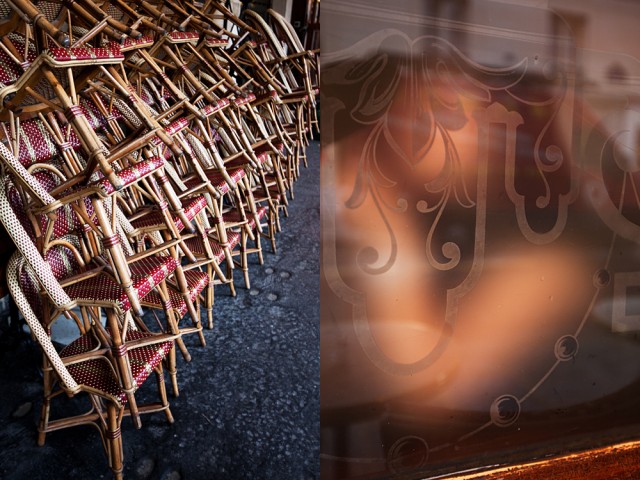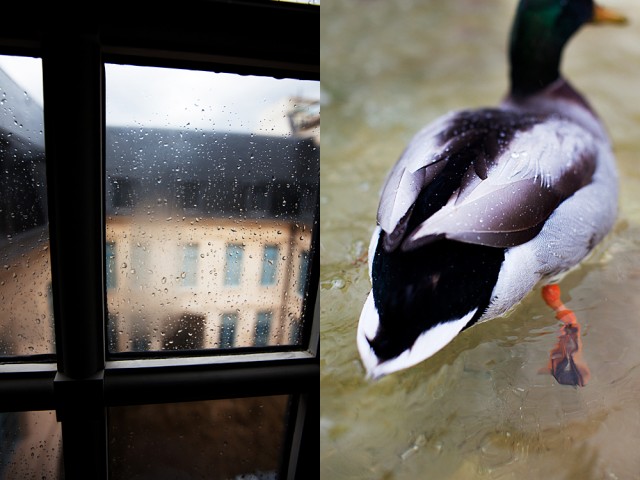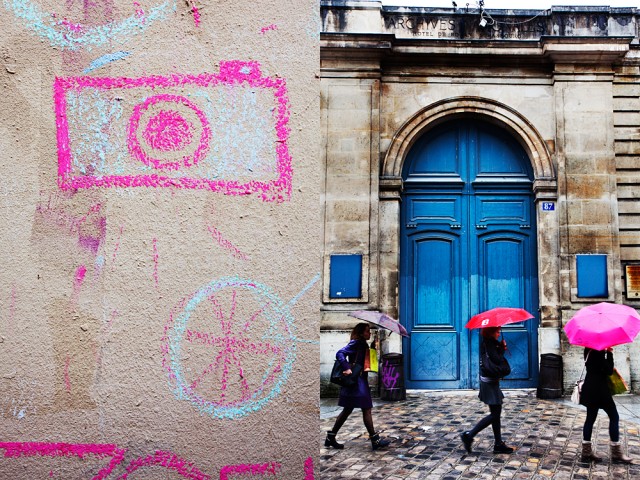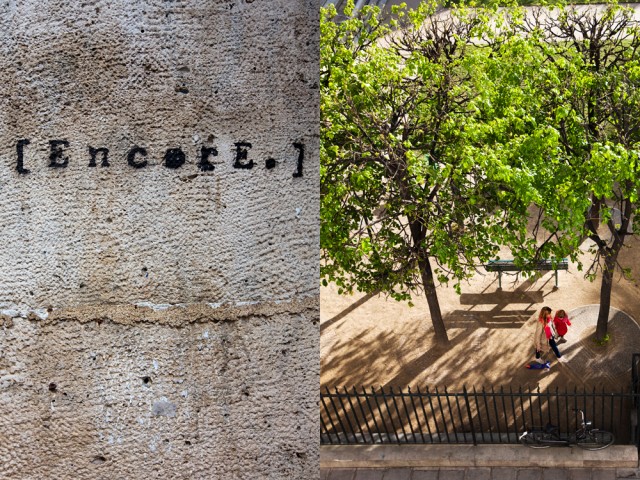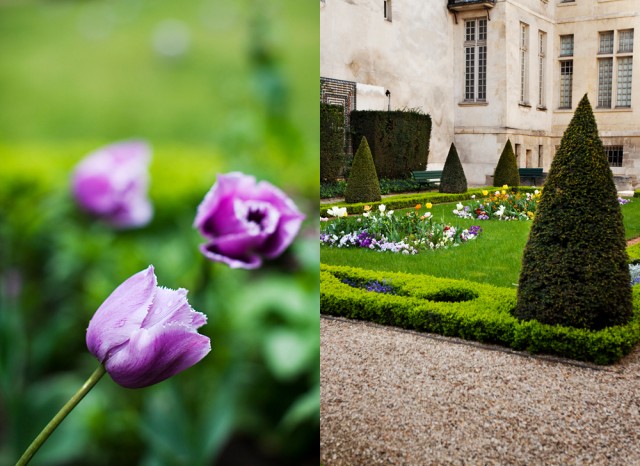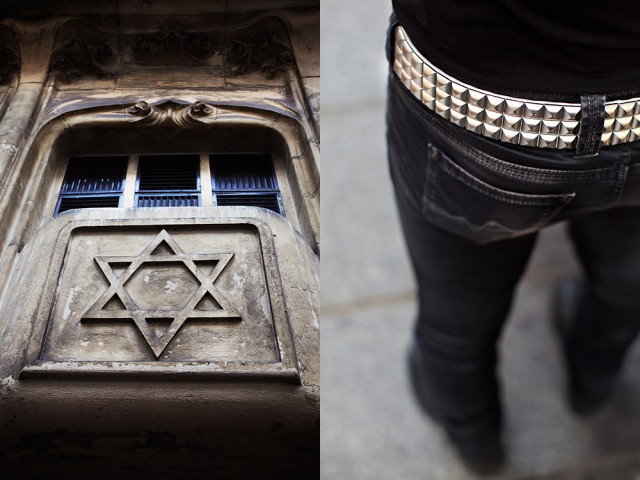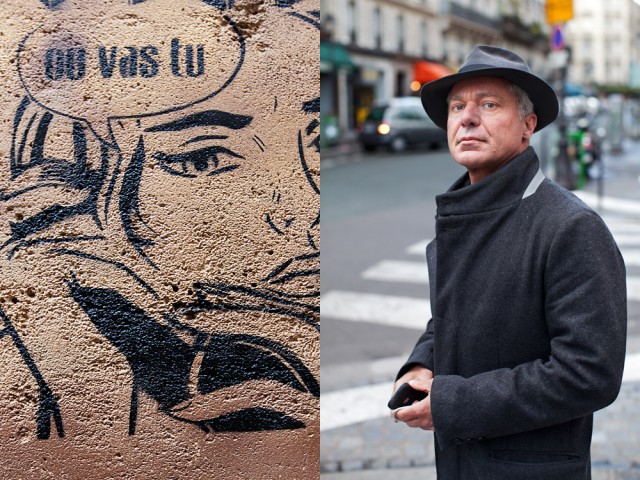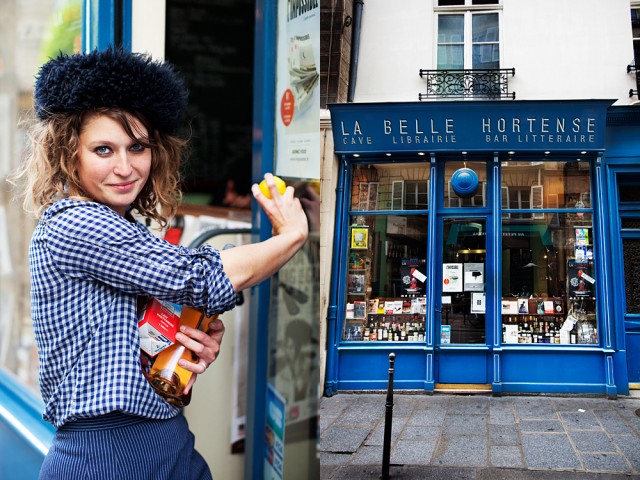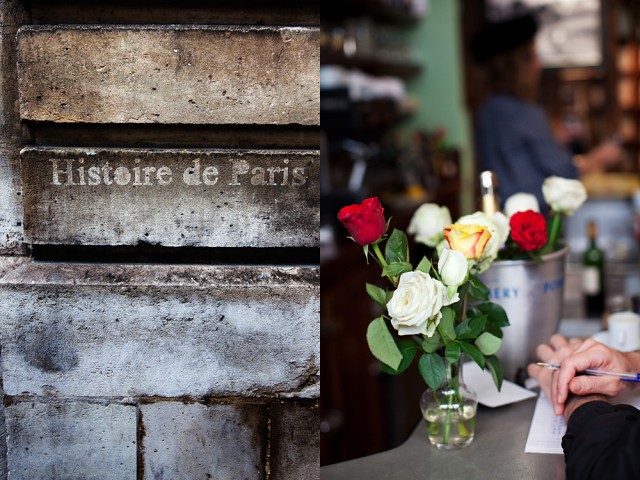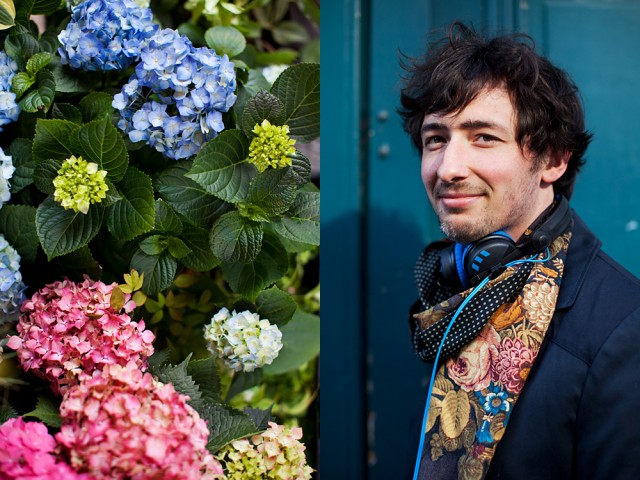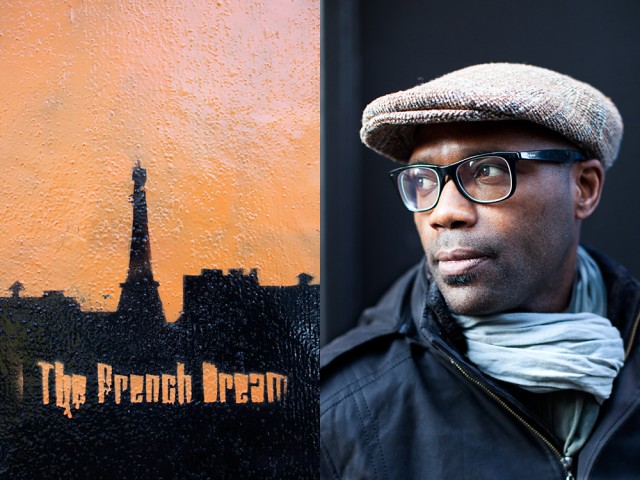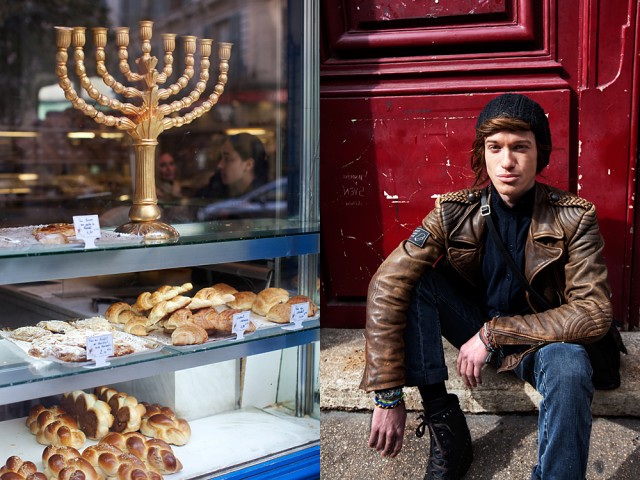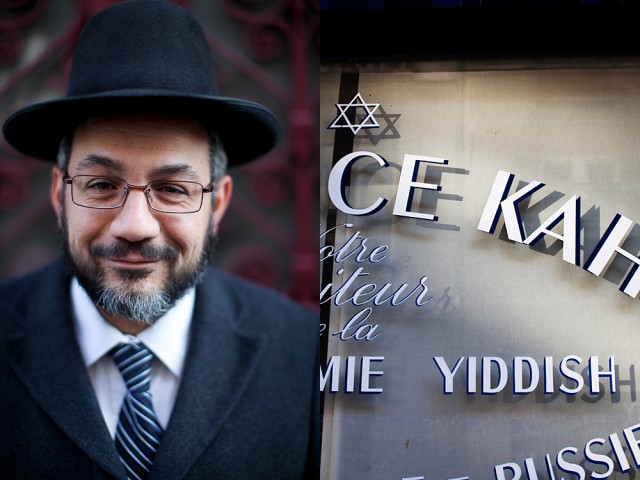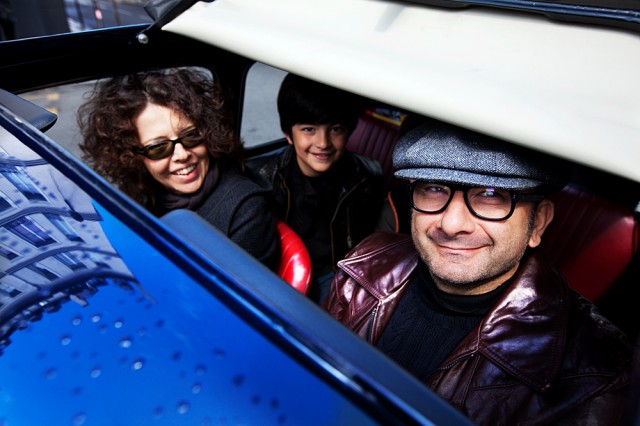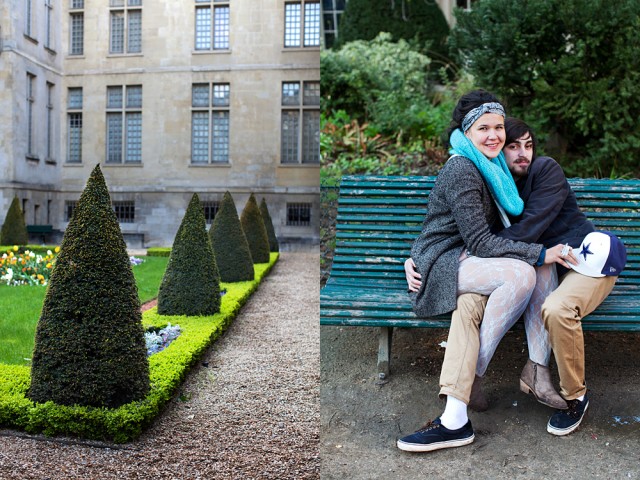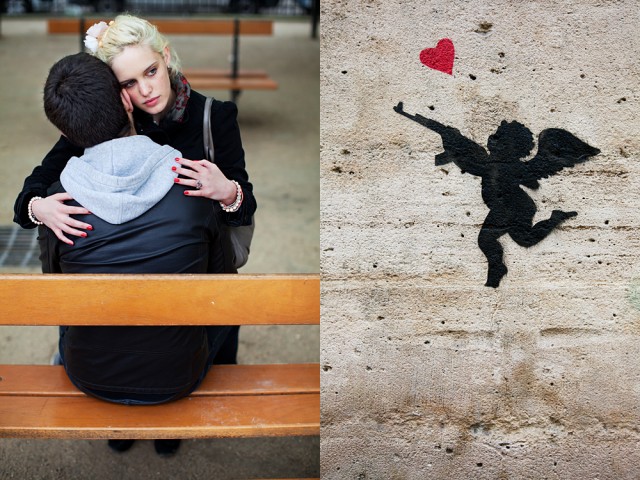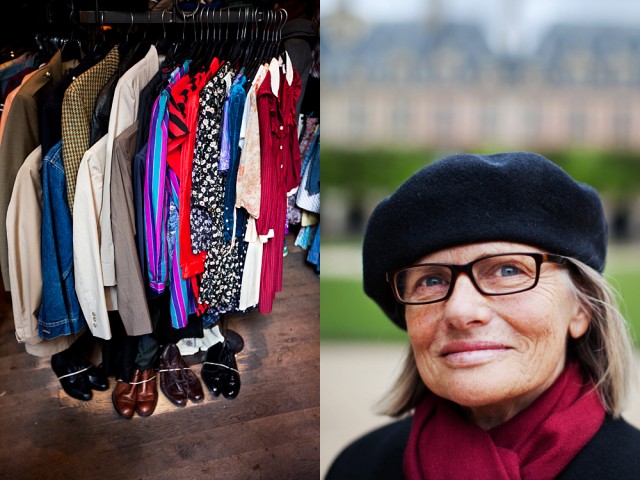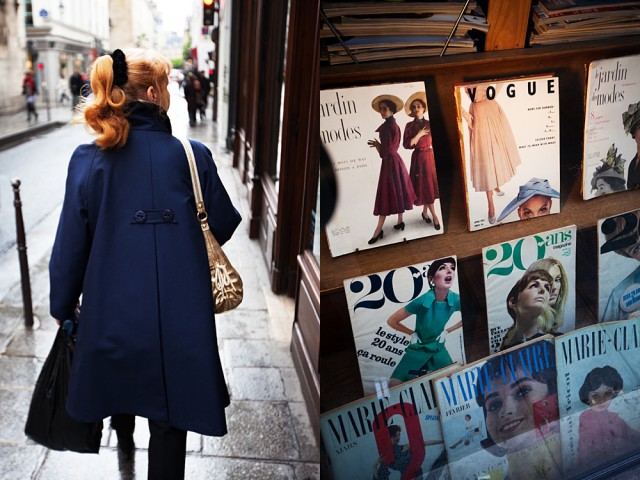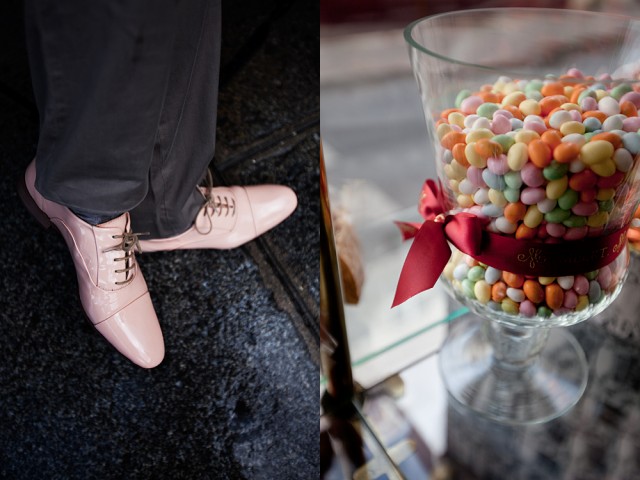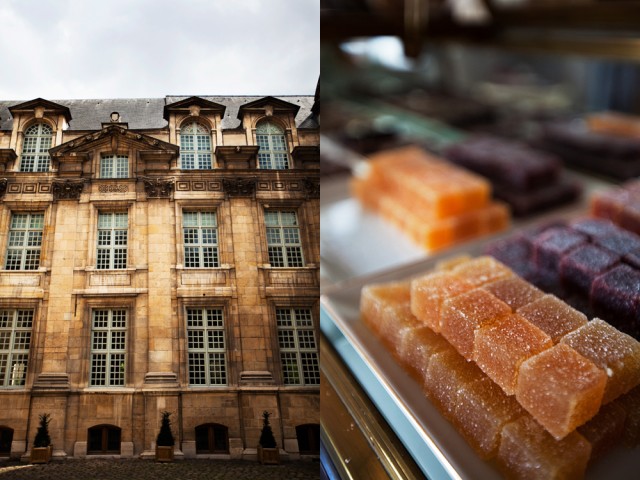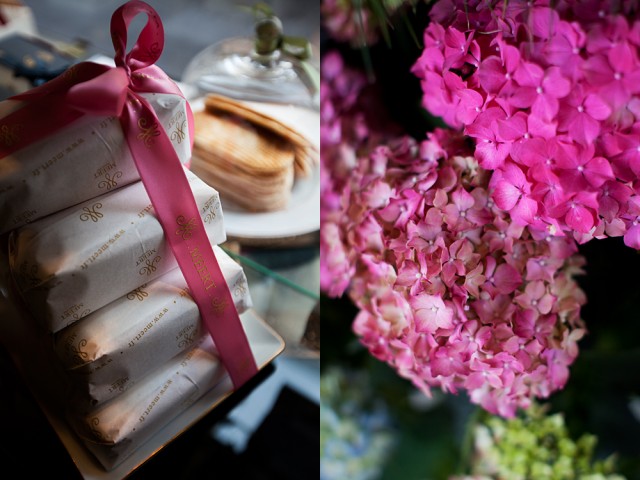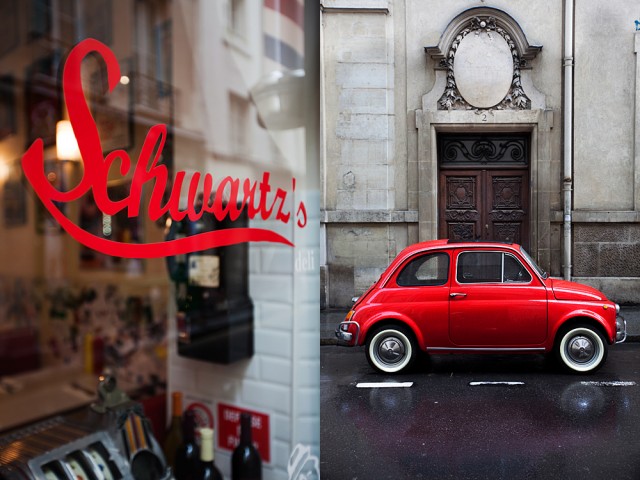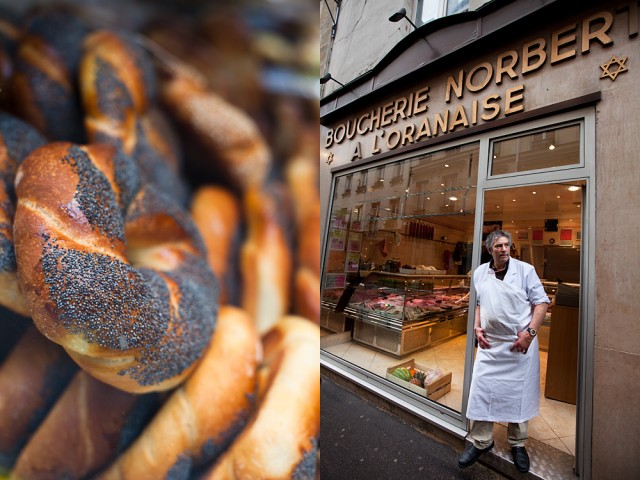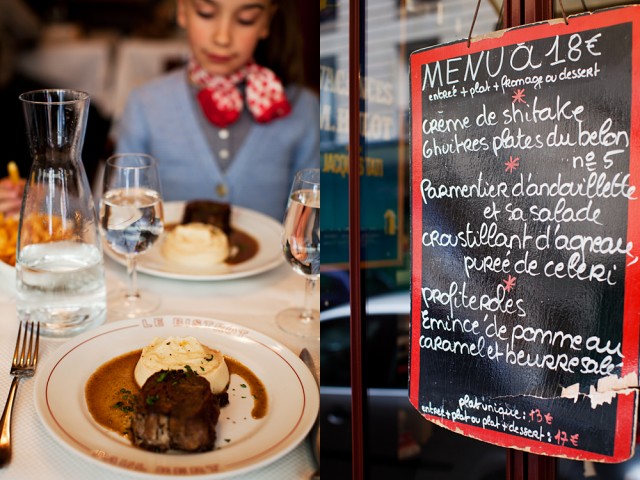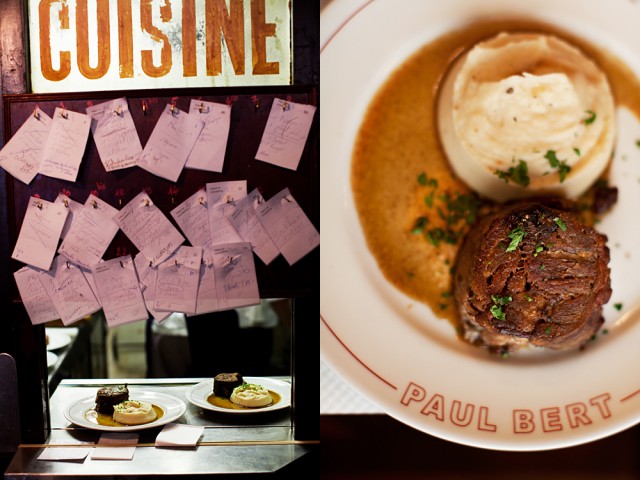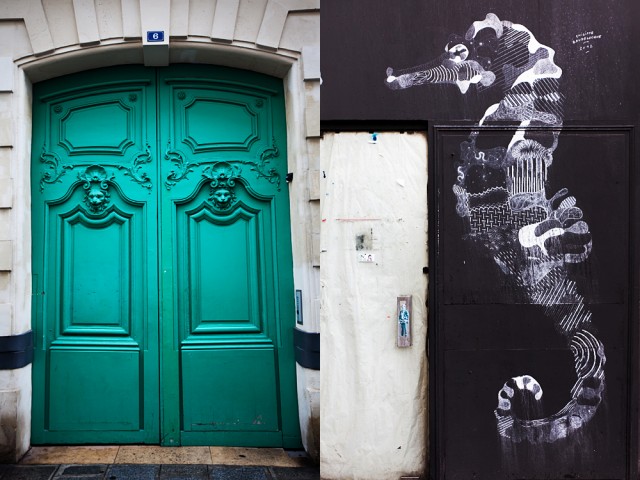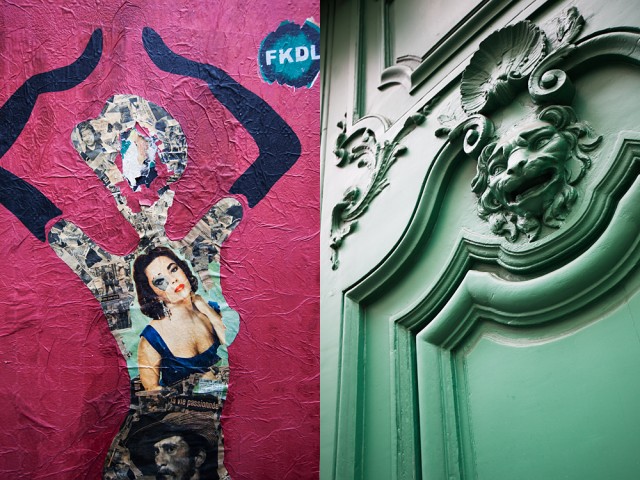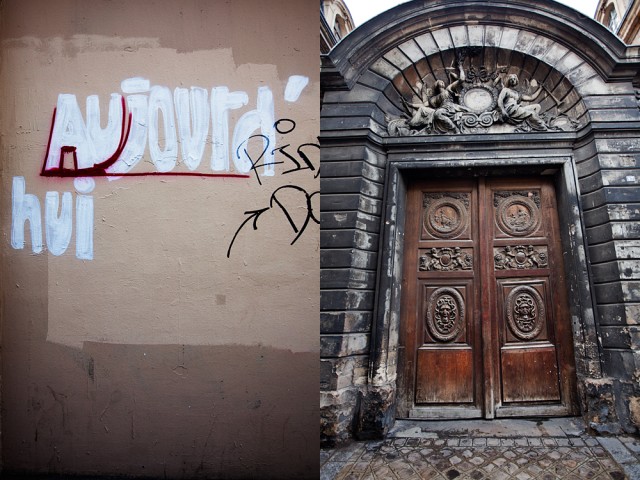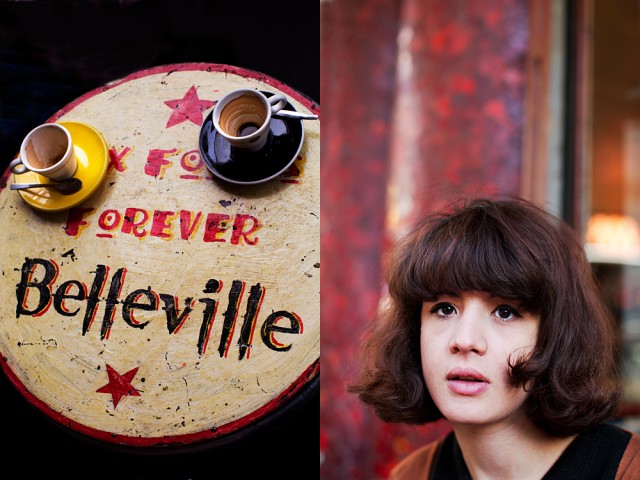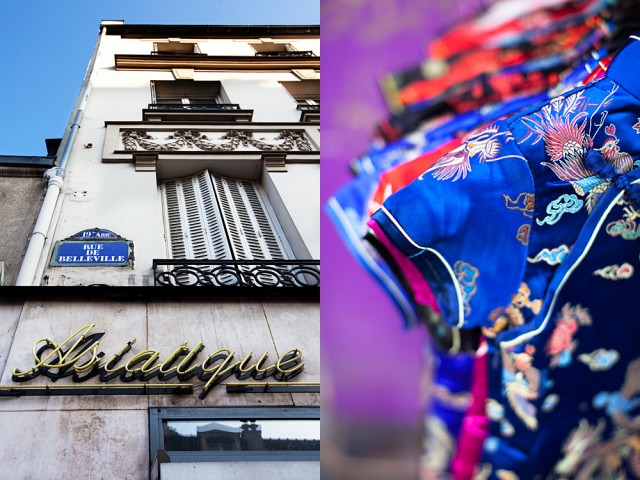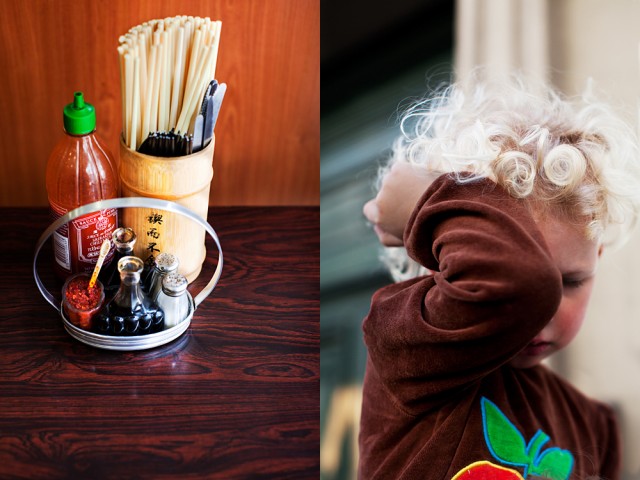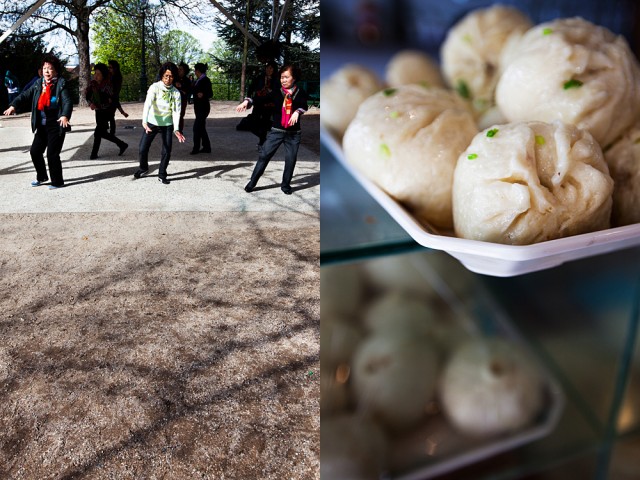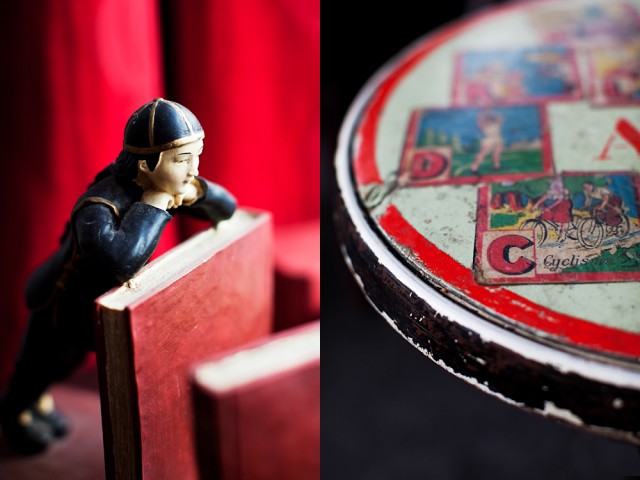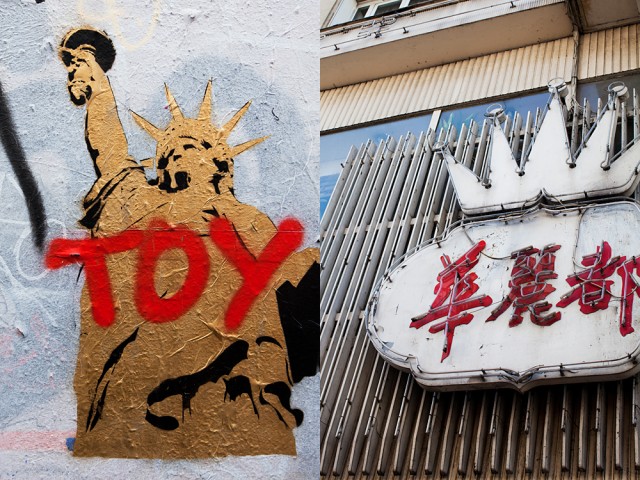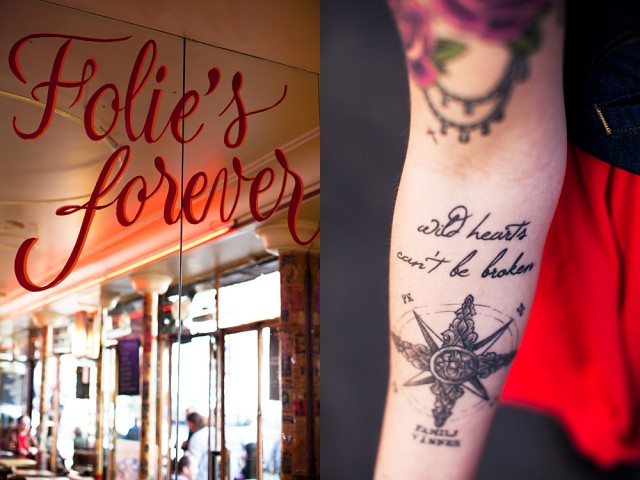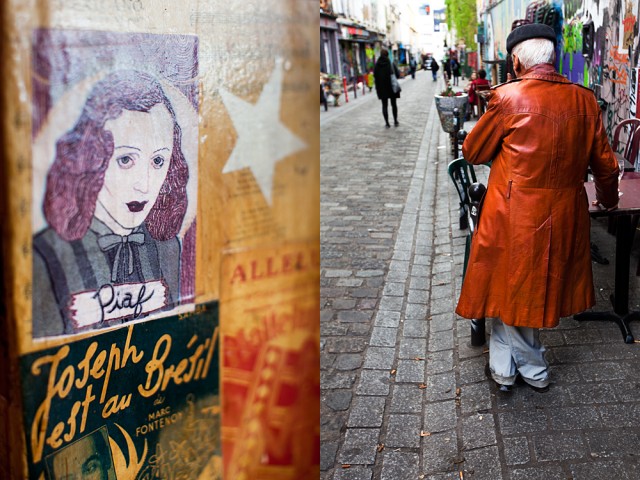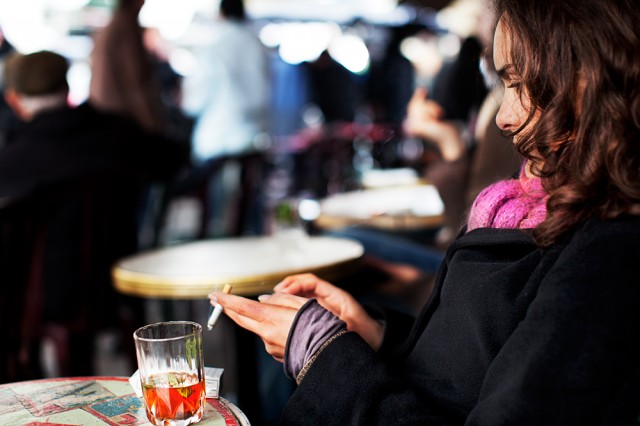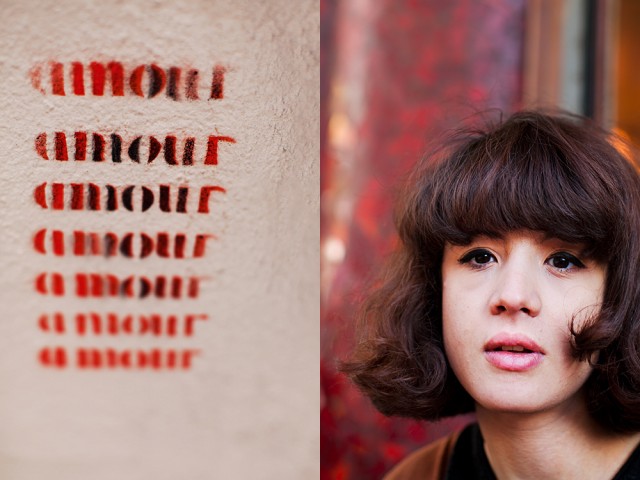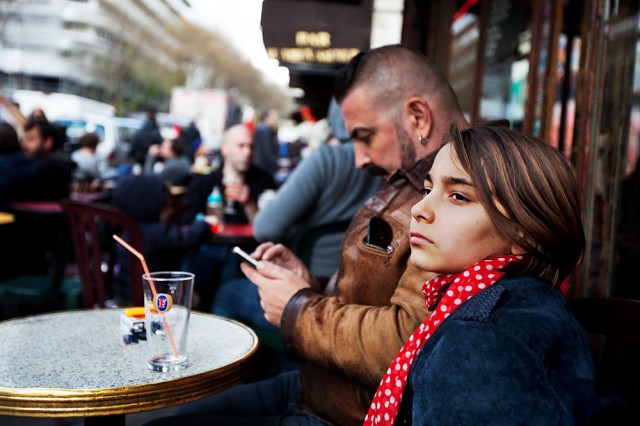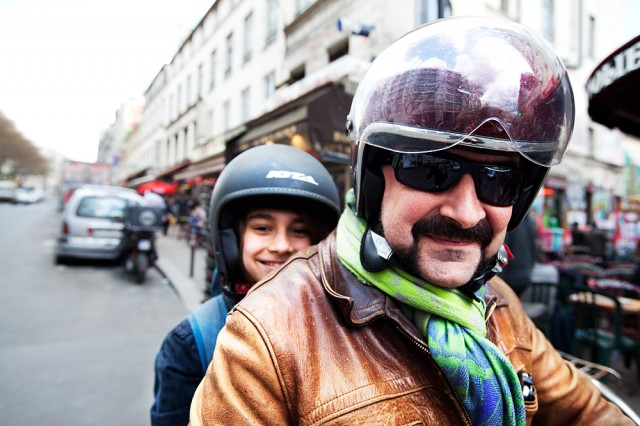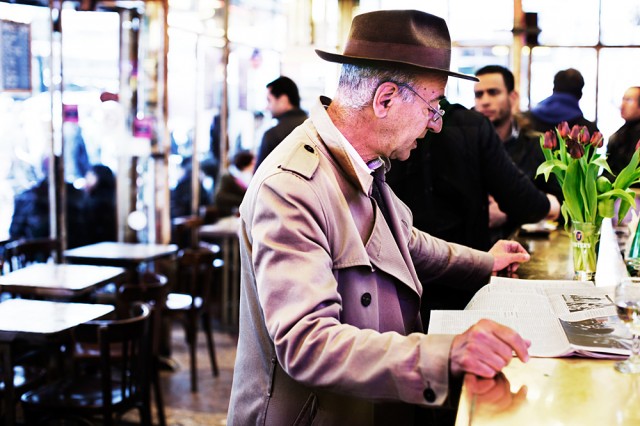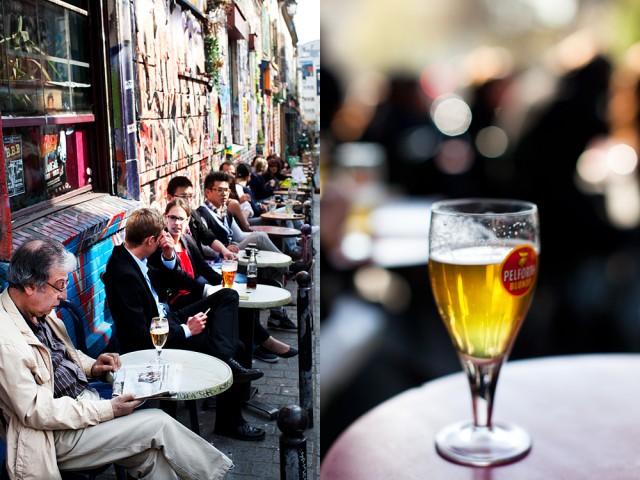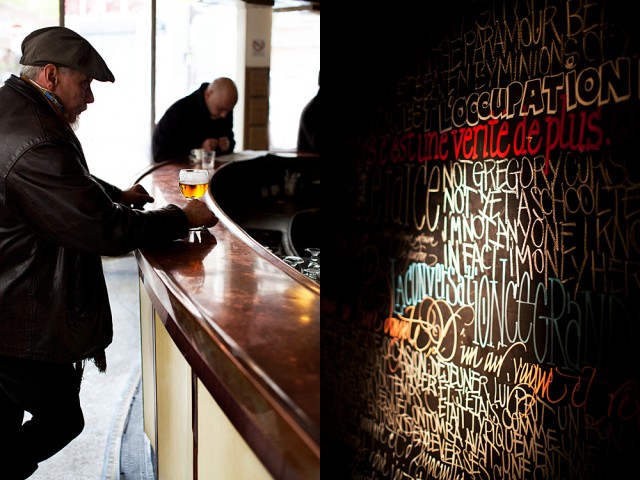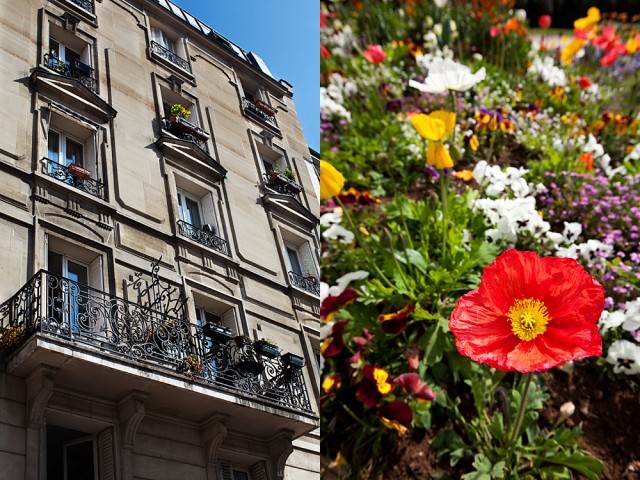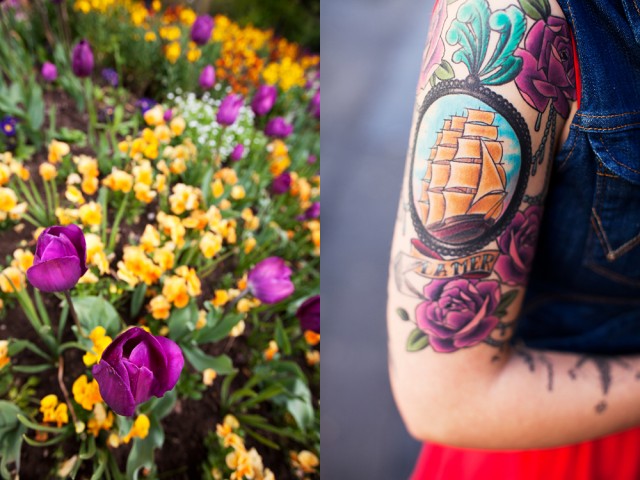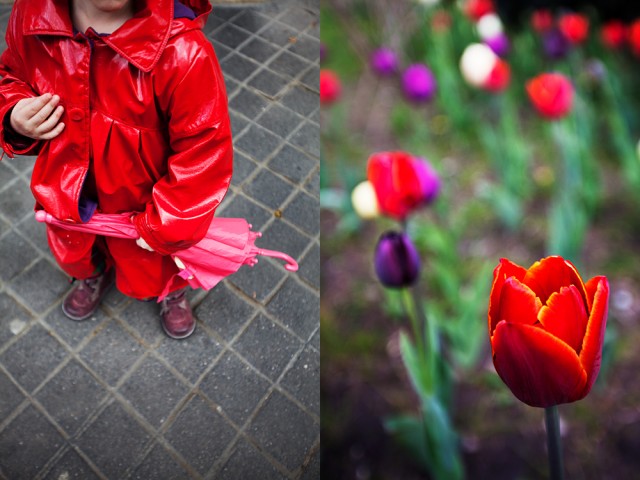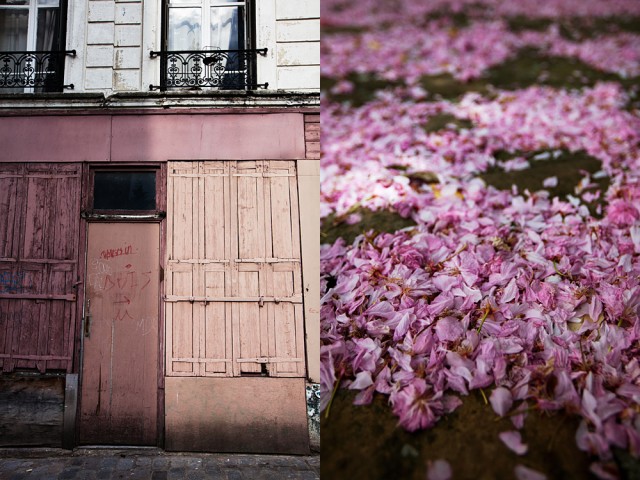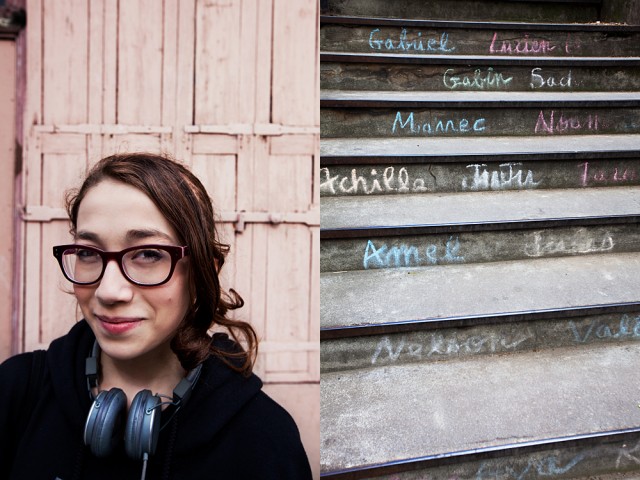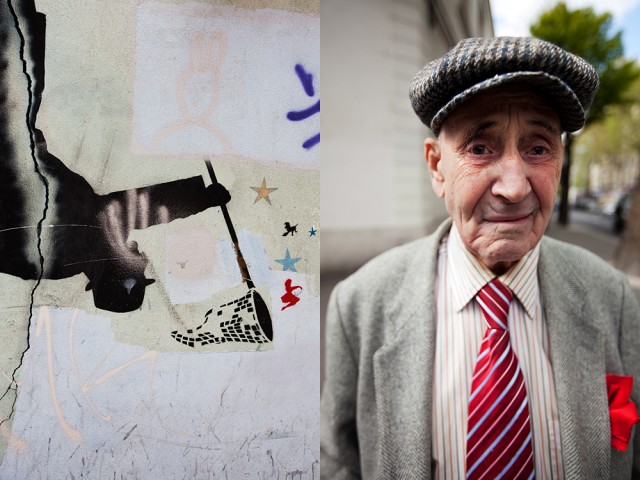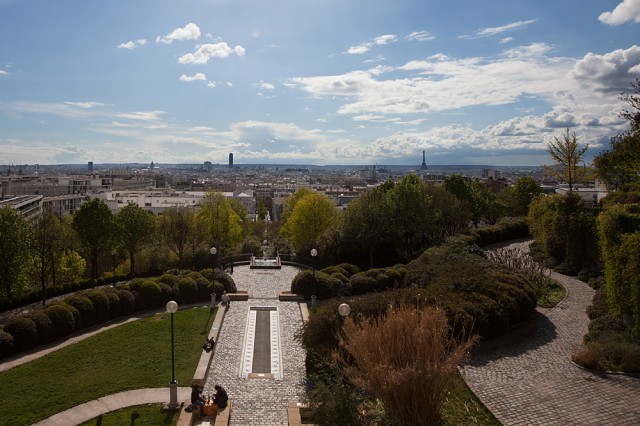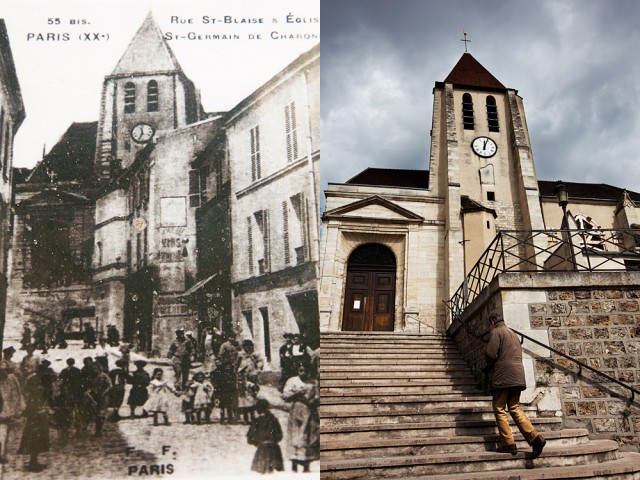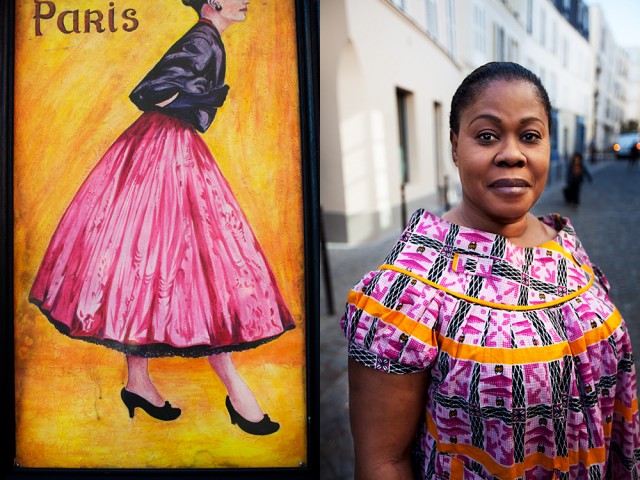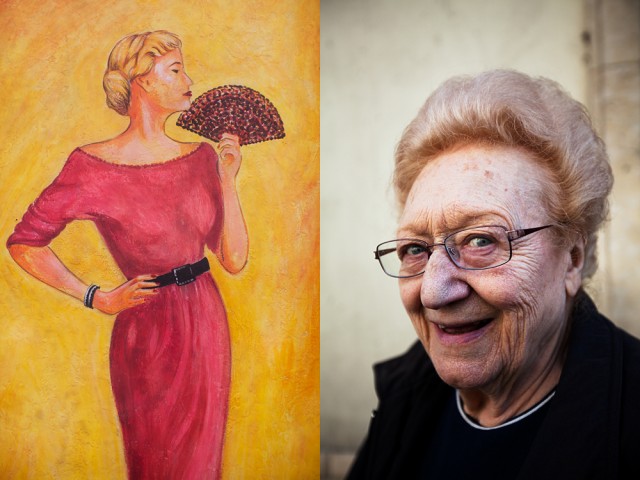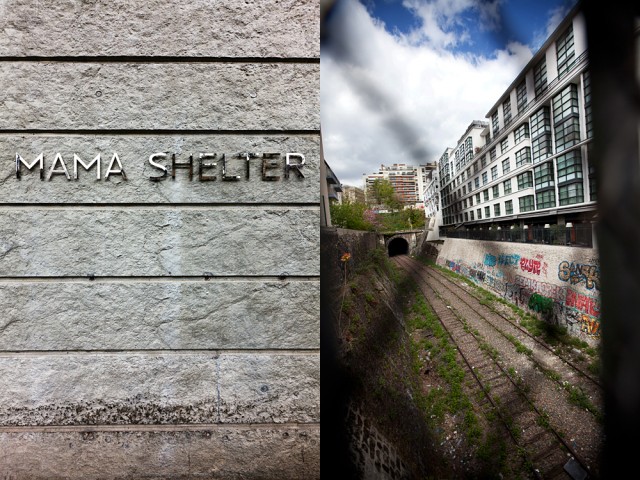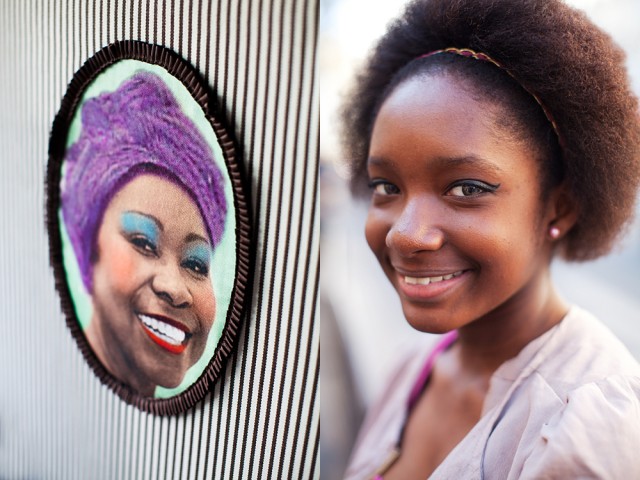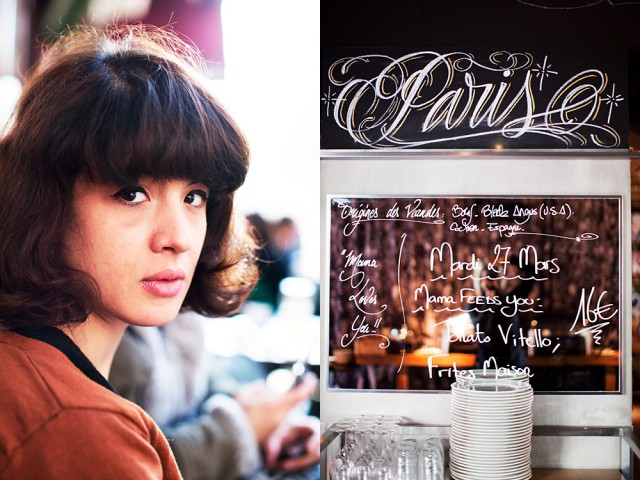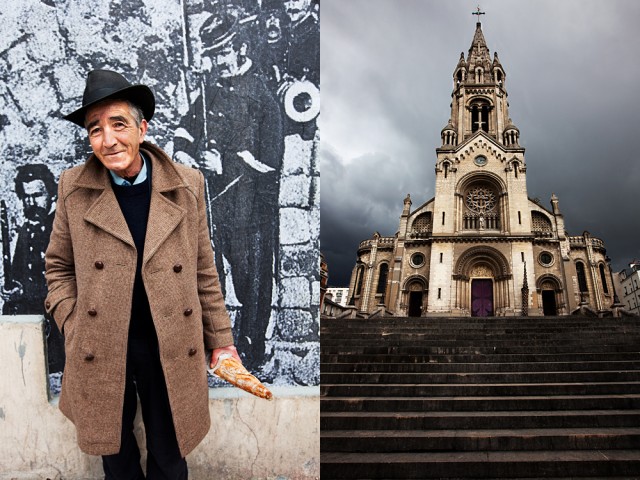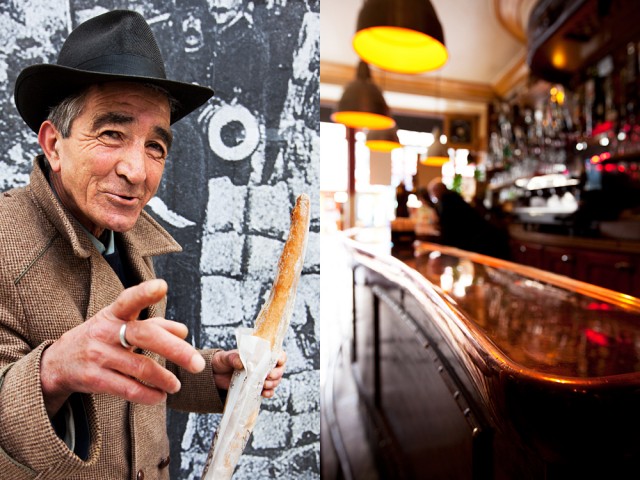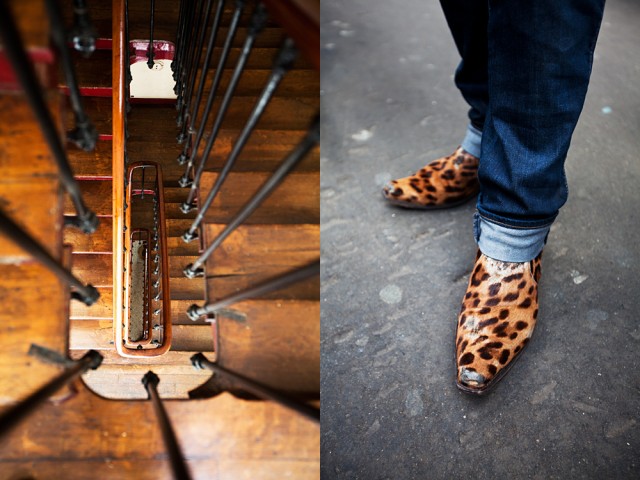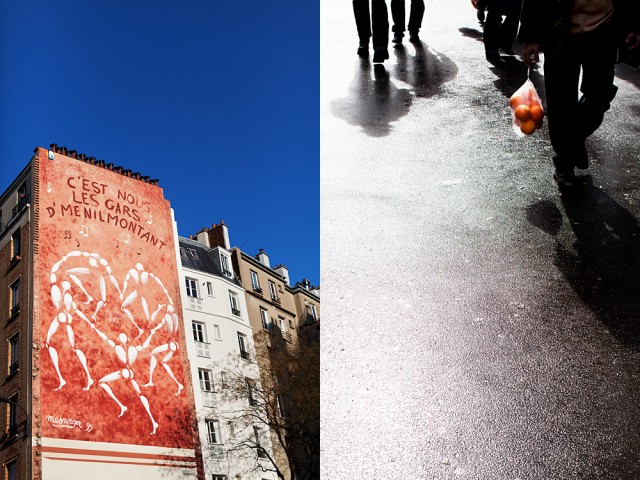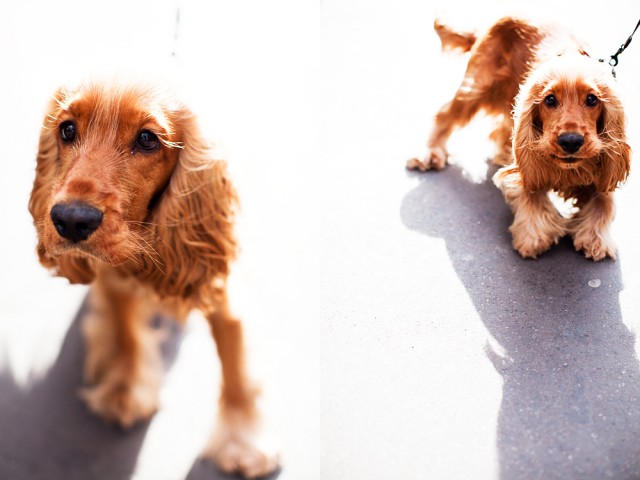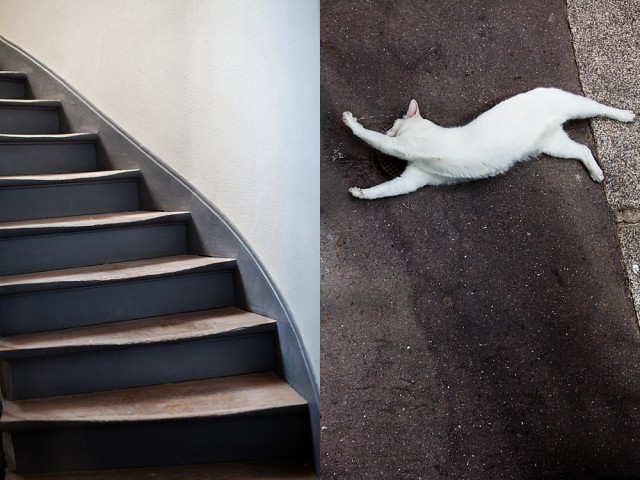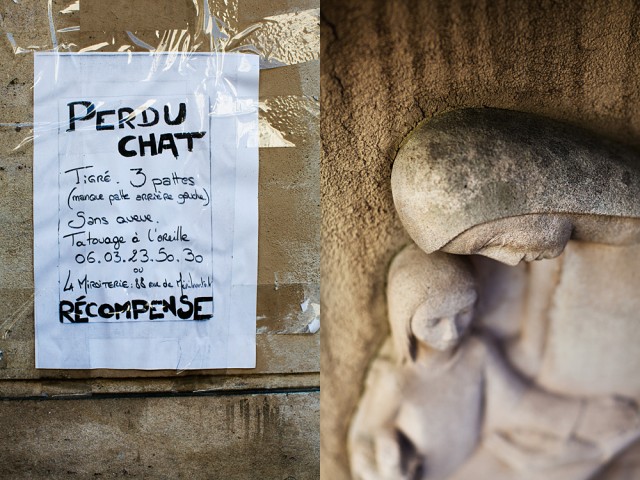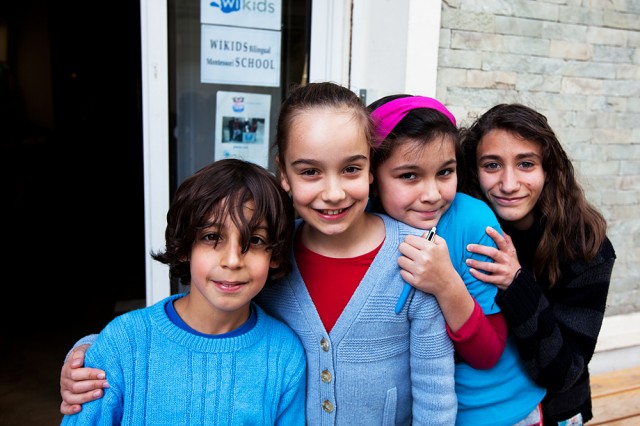Yeah, yeah, I know. The Marais? Tourist trap extraordinaire?
Well, it’s a choice I made by accident really. Due to my sudden decision to stay longer in Paris, we’ve had to find new accommodation. Our next apartment wasn’t available for a week so I needed something quickly to fill in the gap. When I spotted a tiny pied-à-terre in the Marais for a good price it got me thinking – was the Marais as souless as it seemed?
At a quick glance the area, which straddles the 3rd and 4th arrondissement, seemed to be just shops, cafes and a handful of historic mansions converted into museums. Did anyone actually live there? On a previous whip through the place some weeks ago I hadn’t seen a single boulangerie or boucherie. Just shiny shops and smart cafes. Was that it?
I decided to rent the apartment for the week and explore the place. And so here we are, ‘Suburb’ No 16… Le Marais.
The history of the place in warp speed… From the 13th-17th century, French nobles built their grand Hôtels, urban mansions, here. When they left the Jews moved in. By the 1950s, it was working class and the place was a mess; the mansions were crumbling and by the 1960s there was talk of it being demolished. In the decades following the Hôtels were restored and turned into museums, the area scrubbed up. Today, it’s a mix of Jewish, gay, cafes and restaurants, fashion labels and museums.
But a soul? Did it have one of them?
Part 1: Rained out
The Marais started out in life as a swampy marsh – and this week it very nearly returned to one. La pluie has not stopped falling. Well, that’s not entirely true. It was sparkling sunshine on the day we arrived. Then the next day it rained. Only it would rain and then stop. Rain and stop. Rain and stop. And that’s how it continued. Every day, all day long, for the entire time we were there. (Hence the late post by the way.)
Part 2: The mix in the Marais
At first the rain was just irritating. Water on the lens. Coco complaining about her umbrella. Wet shoes. But as the days passed, I started to like it. Most importantly, it meant hardly any tourists; when we’d arrived on that sunny Sunday it was so packed with bodies that I literally couldn’t get a sense of the place let alone take any pictures.
Now virtually empty, I started to see another Marais than the one I’d first encountered. Instead of packs of tourists, anonymous clothes shops and fashionable eateries, I saw medieval winding streets lined with magnificent former mansions and beautiful gardens. I suddenly got how amazing it was that Haussman hadn’t done his thing here, leaving the maze of narrow streets intact instead of creating grand boulevards as he had in much of Paris.
What also intrigued me was the mix of Jewish and gay. One here for centuries, the other a more recent arrival.
With the tourists gone, we met people who either lived, worked or played in the Marais. For example, Gregoire, a lovely French guy who was heading to an interesting book-bar called La Belle Hortense. He invited us to join him for a drink and to meet a friend of his, Nikolai, and the woman behind the bar, Caroline.
Leaving La Belle Hortense to its merry business we met…
Then there’s the Jewish side of the neighbourhood. In the 13th century and then again in the 19th, Jewish people moved in to the Marais around rue des Rosiers, or Pletzl as they call it, Yiddish for ‘small square’. Although gentrification has transformed the Marais into le chic, it’s still very Jewish with kosher restaurants, boulangeries, charcuteries, bookshops plus synagogues and shtiebels.
On the day we arrived I spotted a tiny blue Fiat 500 sitting on a street corner. Suddenly a family of four appeared and poured into it. In response to my look of surprise they said, there’s only four of us today, normally there’s five.
Aside from the gay and Jewish side of the Marais, there are also the young lovers, taking advantage of a handful of beautiful gardens to look deep into each other’s eyes. Well, until I butt in with my camera that is.
And while the Marais is filled with cutting edge fashion labels, it also has a couple of second hand shops and a library that houses fashion mags from the 50s and 60s.
Part 3: Manger in the Marais
While the rain helped transform the Marais from tourist trap to moody ghost town, it was also incredibly frustrating as much of the week was just too wet and windy to shoot. Some days there was nothing for it but another visit to Meert, a pastry-sweet shop that has been ruining French teeth since 1761. Their speciality is a gaufre (waffle) filled with sugar, butter and vanilla. Nice (apparently – I couldn’t try) but what we found totally addictive were the fruit jellies and caramels.
Aside from waffles, there’s the Yiddish/Eastern European specialties in the Jewish quarter, from the baked goods to the famous falafel.
There are of course myriad cafes and elegant restaurants in the neighbourhood too. We eschewed the lot of them for our weekly ‘treat’ meal by revisiting the classic Le Bistro Paul Bert, just around the corner from the Marais. We’d had lunch there with Audrey, a lovely blog follower, the week before and I was keen to go back to snap the place. Very reasonable (18 euros for a three course lunch), plenty of atmosphere and yes, le bon gout.
Part 4: The other creatures who inhabit the Marais
They live out their days on handsome doors or in quiet corners down narrow streets away from the tourist packs.
The Wrap
If we’d never rented that apartment and spent a week hanging around in the Marais, I would’ve probably written it off as touristy and shallow. But wandering those empty streets in the half light, rain dripping down its proud stone walls, without its adoring fans, I felt like I had a glimpse into its aristocratic past and saw a little of what lies behind its present shiny veneer. It’s not an ordinary neighbourhood anymore and the people I spoke to who’ve lived there for more than 20 years are not fans of the way it’s changed. But despite all its faults – expensive, tourist-oriented, and in need of a few more boulangeries and boucheries – I do think the Marais has a soul. But you can only see it in the rain.
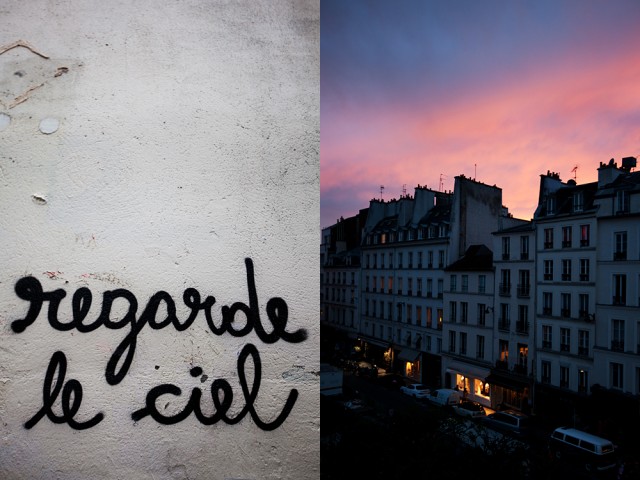
look at the sky Coco!
On the ‘home front’
As I explained, we’re between ‘homes’ at the moment. After this week in the pied-à-terre – tiny, old and eccentric with a bathroom in a cupboard – we’re off tomorrow to our next place for two and a half weeks, then it’ll be onto another one for a month. Luckily Coco is not a child who craves consistency and like me, is excited by the prospect of new.
And the home schooling? Not good. We barely do any and when we do, Coco tells me I’m the worst teacher ever. How bad is that? But then she has learned at least five new French words in the last few weeks. That’s got to count for something right?
(Actually, it is worrying me. If anyone knows of someone in Paris who wears a beret and can home school a child, please get in contact with me. Okay, the beret is negotiable.)
—
This suburb has been brought to you by Jen Robinson
—
See you next Friday. So long as la pluie stays away.
